Dealing with uncertainty and risk in infrastructure development
The Dutch government has committed itself to tackle some major challenges. The transition towards sustainable energy, the construction of 100.000 houses a year including the associated infrastructure. These challenges come with uncertainties in various time domains and spatial scales of infrastructure. From risks on damage during construction, to decreased service levels as a result of uncertain climate events and sea level rise, to unknown effects of interventions in our soil and water system.
Risk-based decision information for reliability and availability of infrastructure
The most important components of risk-based decision information are the characterization of hazards, loads and other uncertainties, the impact of these on our soil and water system and on the performance of infrastructure. In the end this is reflected in the reliability and availability of networks and assets and finally in the well being of our society. In order to facilitate the generation of decision information, methods and tools are developed and improved for domains such as flood defenses, port infrastructure, coastal engineering, hydraulic structures, roads and railways. Based on these developments, guidelines are set up with national and international stakeholders (NEN, EUROCODE) and relevant regulations are adapted.
The uptake of these technologies by governments, asset managers and contractors lead to optimal use of existing data and the collection of new data, and thus to a reduction of uncertainties and a clear picture of the reliability and availability of infrastructure networks and assets. This enables safe use of aging infrastructure and prevents unnecessary interventions. At the same time, the decision information in terms of risks and uncertainties facilitates cost-effective measures where necessary, also with regard to climate-proof design in rural and urban areas.
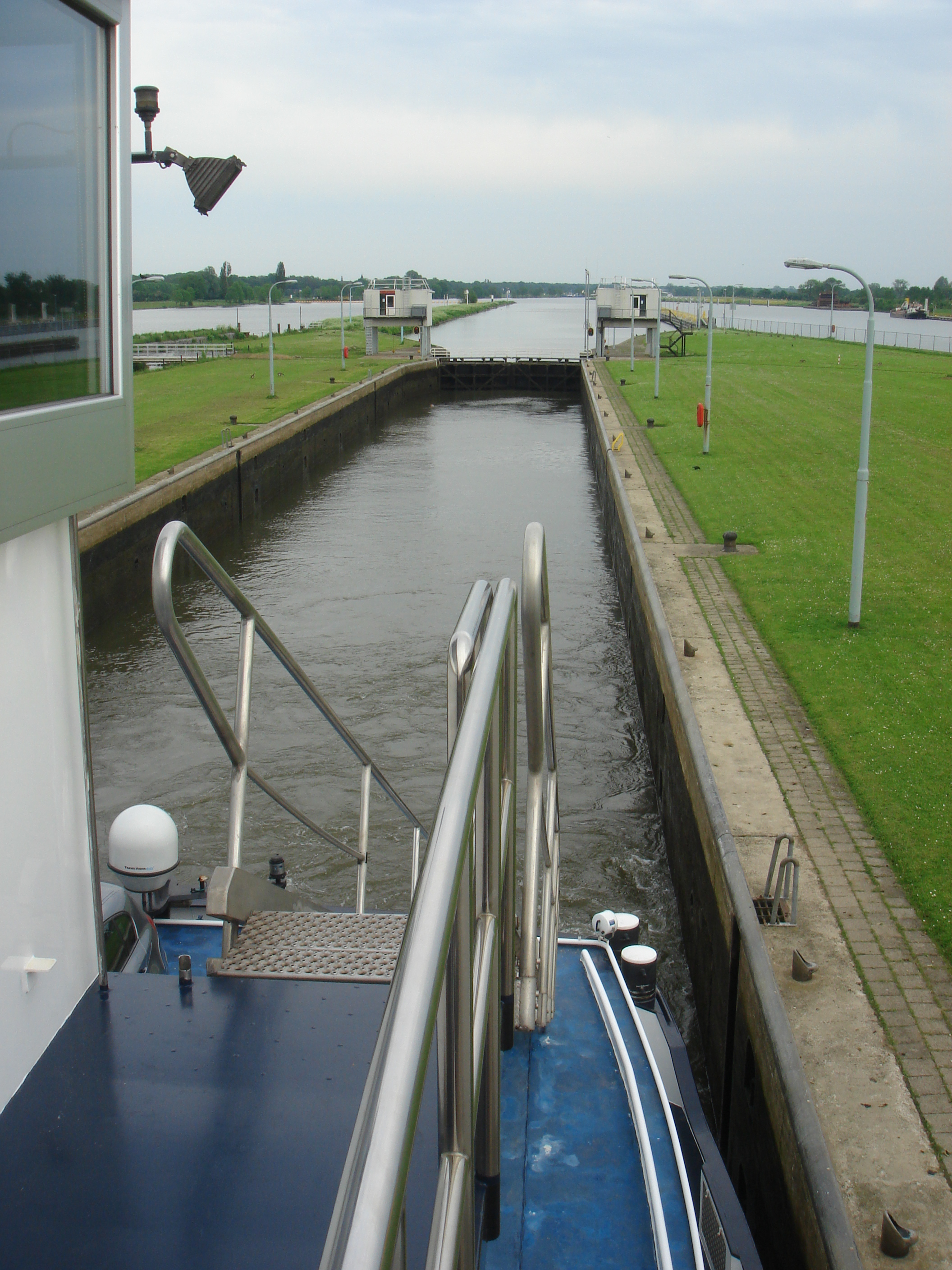
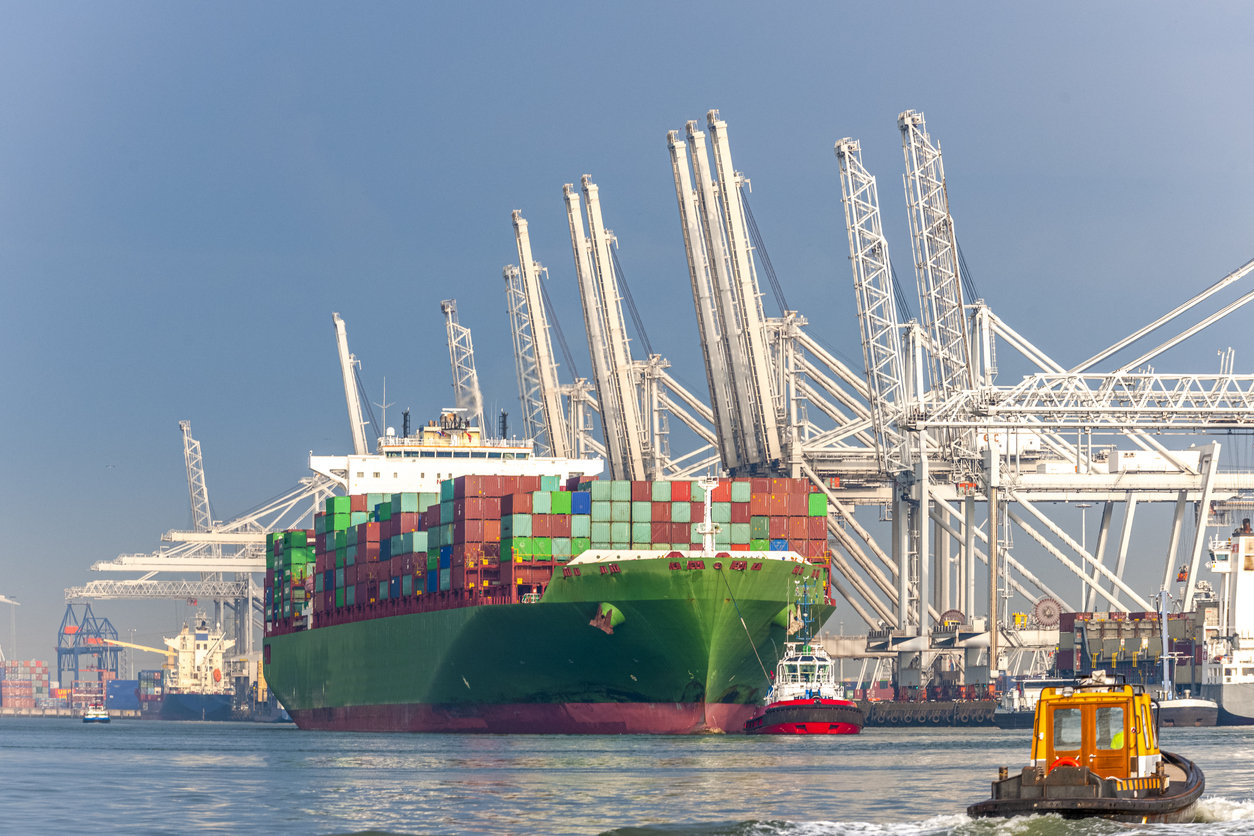
Making renewal and renovation manageable
In 2021 Deltares initiated developments towards an improved engineering toolbox, in co-creation with public and private partners from SmartPort and the knowledge program on hydraulic structures, together with Rijkswaterstaat, MARIN and TNO. With regard to both technical and functional assessments, (data driven) tools development and validation has taken place in multiple projects: quay walls in the Rotterdam harbor, weirs in the Meuse and Hollandsche IJssel storm surge barrier. Here, the latest developments in digital enabling technologies were used.
The desired impact is to better decide on the technical and functional necessity of replacement of objects as part of the larger soil and water system. The scientific knowledge base for these techniques, models and methodologies is established in collaboration with universities and colleagues and is recorded in scientific papers. This leads to a strong knowledge base for the Dutch workforce to make renewal and renovation, both nationally and worldwide, manageable for managers in (water) infrastructure.
Deltares facilitates governments, asset managers and the private sector with decision information to deal with uncertainty and risk when deciding on policy measures, investments or construction measures. The impact that we work towards is to improve decision making leading to more resilient and sustainable completion of challenges ahead.
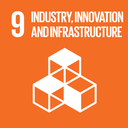
View SDGs
View Dutch Missions
View Sendai Framework
More information
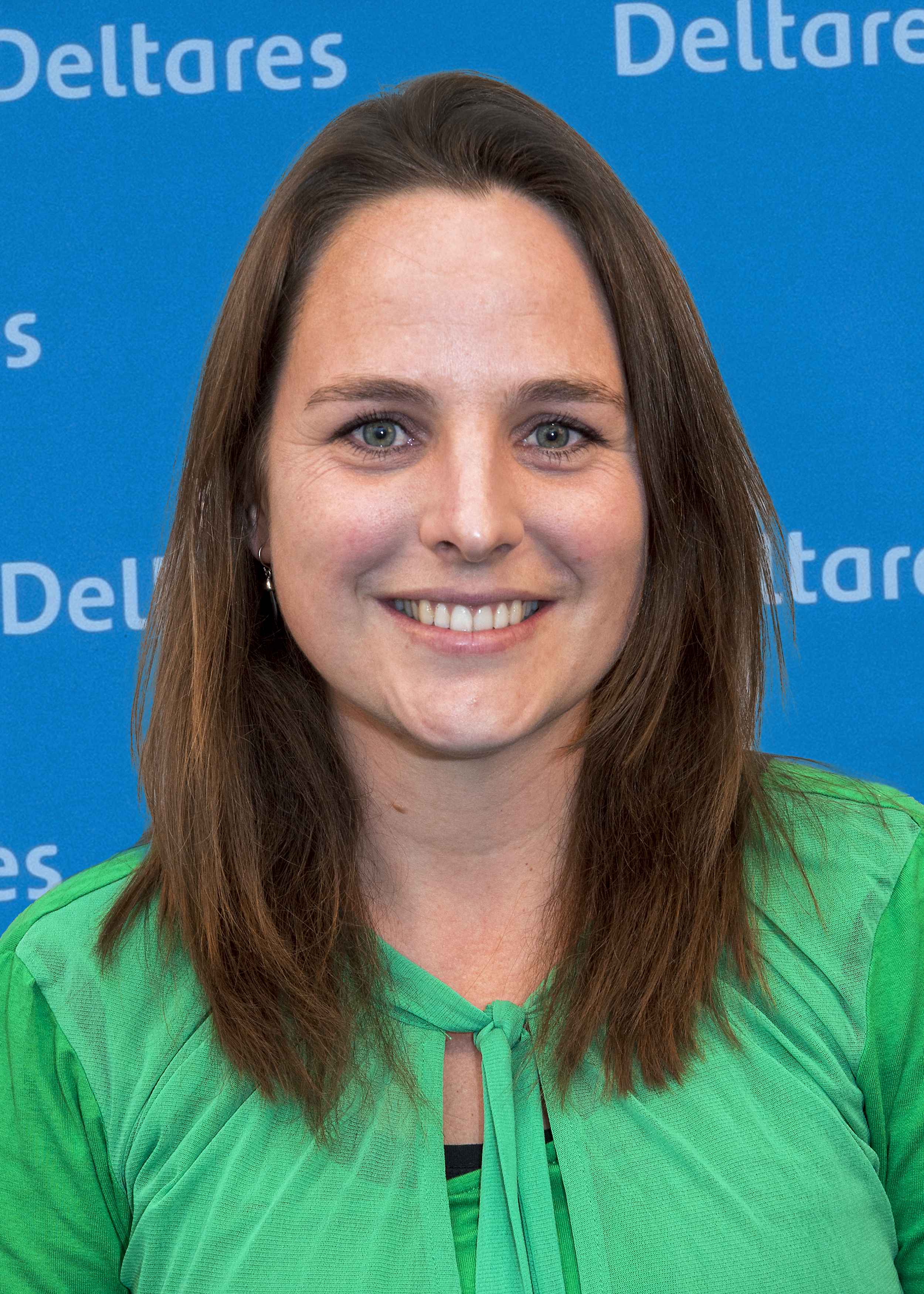
Esther van Baaren
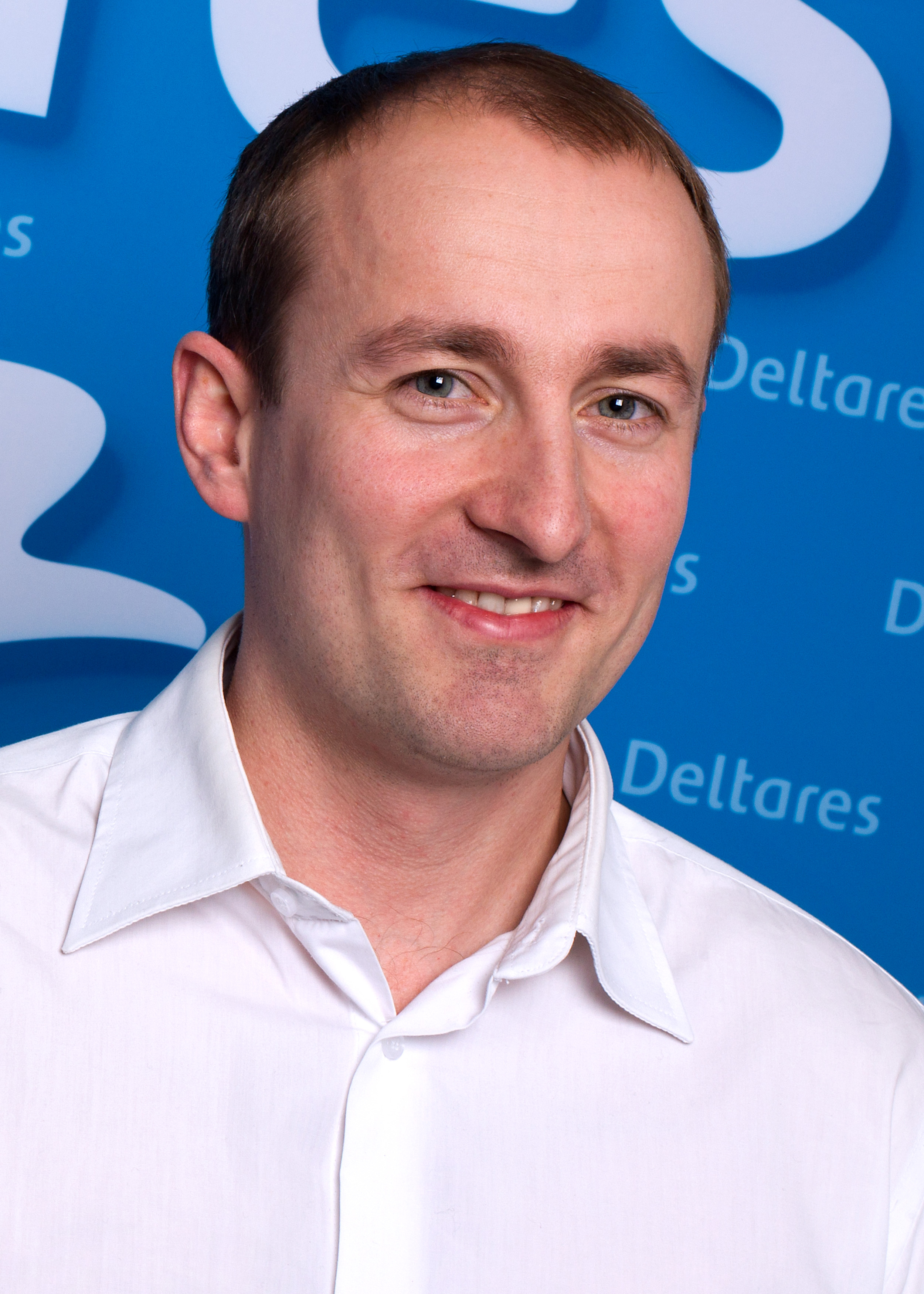
Timo Schweckendiek